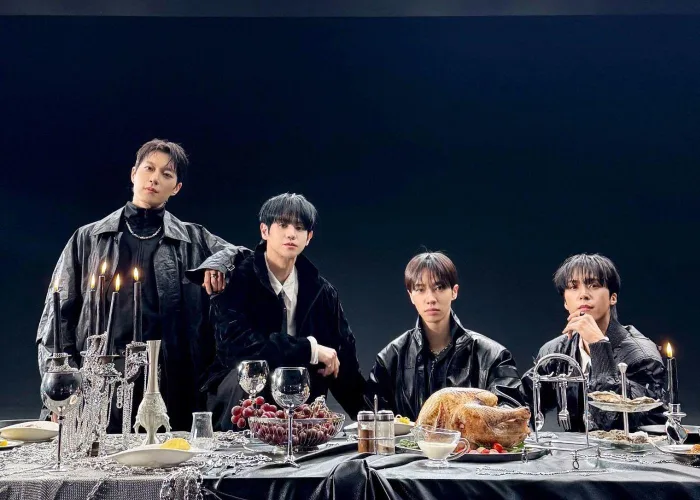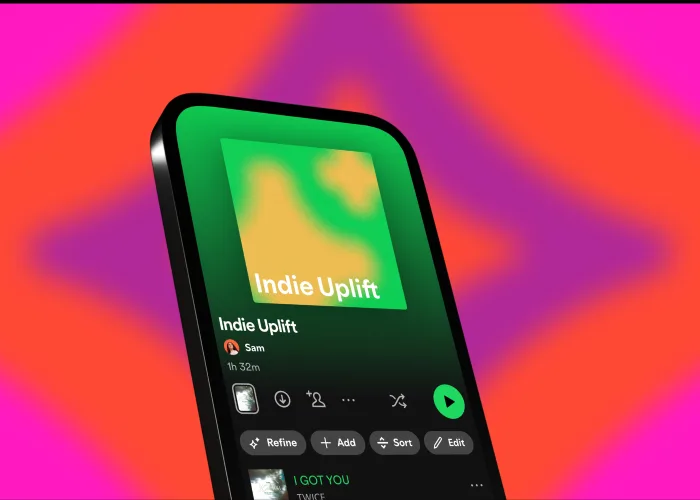How Filipino-Ivorian Fencer Maxine Esteban Made it to the 2024 Olympics

It’s sad but true: the Philippines is notorious for overlooking talent. Take Filipino chess grandmaster, Wesley So, who has chosen to represent the United States. Even our very own Olympic gold medalist, Hidilyn Diaz, had struggled to gain sponsorship for her historic competition in Tokyo – and had instead appealed to the private sector.
The plight of athletes in the Philippines is obviously disheartening. Even Maxine Isabel Esteban, an Olympic fencer set to compete in Paris this October, has admitted that homegrown talents have been neglected – and there is barely any financial, mental, and emotional support. She herself has had to seek different citizenship following the alleged unfair treatment she received from the Philippine Fencing Association (PFA); this reportedly came as she sustained an ACL injury during competition.
For people who dedicate their lives to bringing glory to the country, Maxine establishes that it is of utmost importance to provide “concrete laws that will safeguard and protect their welfare.”
“Athletes are like soldiers,” Maxine commented. “When we represent the country in competitions, we are like going to war. When we get wounded, we should have financial and emotional support. Recovering athletes should have security of tenure and there should be due process in the qualification and removal of national team athletes.”

Maxine, who had previously represented the Philippines is now raising her foil for the Ivory Coast, a decision she maintains was not fully under her control. A product of circumstance, Maxine has had to make the quick decision to transfer nationality representation to the West African country. Her family – particularly her father – shares a strong personal and business relationship with the country.
“If I had not done that, I would have had to wait five more years before I would have the opportunity again,” Maxine explained. “As you know, athletes have a small window of opportunity. Both I and the federation know that I am at the prime of my career and Paris 2024 is my best chance of qualifying.”
Maxine added that she did not turn her back on her country. “It was the federation who first turned their back on me,” she lamented. “I have always been Filipino in heart and spirit. I competed and won many historic firsts for the Philippines.”
To date, Maxine is the only local fencer who holds a medal from the World Cup, and medals from the Senior Sattelite World Cups. She has competed and won in Uzbekistan, Copenhagen, and Guatemala.
“All those times, I felt proud bringing honor and glory for the Philippines,” she said.

Though she now represents a different country, Maxine has emphasized that she feels no dissonance as a member of two cultures. “Believe it or not, there are a lot of similarities between the Philippines and the Ivory Coast,” she shared. Aside from being hospitable, Ivorians and Filipinos share the same lighthearted spirit that allows them to find humor in everyday situations.
“I have strong support and following from the Philippines and the Ivory Coast. As such, I shall embrace the unique responsibility of inspiring the youth of two [different nations],” she shared.
After having been warmly welcomed by the Ivorian team – who met her at their local airport with flowers and local fare – Maxine is currently spending her time learning a bit of French (in order to better communicate with her time) but mostly, training for the upcoming Olympics. She attends one on one lessons before taking part in free fencing, where she spars with other athletes.
“Around twice a week, there will be footwork and other drills. For elite fencers, strength and conditioning is part of training, we have this twice or thrice a week to strengthen our muscles and prevent injury,” she noted.
A multi-disciplinarian, Maxine had also previously taken up taekwondo, swimming, badminton, and had even competed internationally for figure skating. Even today, she finds it surreal that she has made it to the world’s largest and most elite sporting event.
“When I qualified, I fell into tears but the first thing I did was to kneel and thank God for his faithfulness and grace,” she recounted. “This entire Olympic journey of mine was really challenging, and I know that God moved mountains to make it happen for me. He was orchestrating every single decision and situation.”
Maxine admits that her journey has not been easy. Having had to overcome challenges and setbacks – such as having to balance Management Engineering in Ateneo de Manila University (ADMU) with twice-monthly competitions in Europe, and then suffering from a hand injury and a complete ACL tear that required three major surgeries – the young athlete knows that her mental and emotional state had been severely affected.
Fortunately, she now has something huge to look forward to: fencing with the best around the world. “Since I will be ranked in the lower half of the bracket, I will immediately fence someone from the upper bracket,” she said. “Most of them are world champions or seasoned Olympic medalists. Being in the Olympics is already an achievement but I look forward to doing and being my best.”
Get the latest curated content with The Beat Asia's newsletters. Sign up now for a weekly dose of the best stories, events, and deals delivered straight to your inbox. Don't miss out! Click here to subscribe.





































